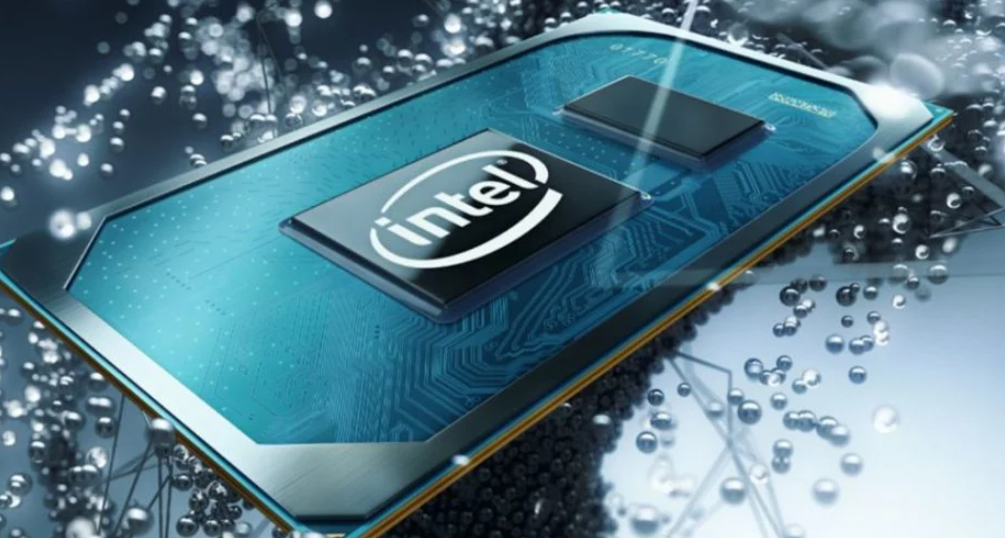In a significant setback to Vietnam’s aspirations in the global semiconductor industry, Intel has abandoned its plans to double the size of its operations in the country. The decision dealt a blow to Hanoi’s hopes of becoming a prominent player in the chip manufacturing market. Vietnam already hosts Intel’s largest factory worldwide for assembling, packaging, and testing chips, but further expansion dreams have been shattered.
The move follows US President Joe Biden’s visit to Vietnam in September, during which he announced deals to support the country’s burgeoning chips industry. However, US officials recently informed a select group of businessmen and experts that Intel had put its expansion plan on hold. The company cited concerns about the stability of power supplies and excessive bureaucracy as reasons for its decision.
While Intel did not specify the exact reasons for the cancellation, it expressed apprehensions about Vietnam’s power supply stability and bureaucratic hurdles. The Southeast Asian nation had hoped to position itself as an alternative to chip manufacturing giants like China and Taiwan, but political risks and trade tensions with the United States posed challenges to its ambitions.
Intel’s withdrawal coincides with the company’s substantial investments in Europe and comes amid power shortages in Vietnam. These shortages have led to temporary production suspensions for numerous manufacturers in the country, exacerbating the challenges faced by the local industry.

Despite this setback, Vietnam continues to actively seek investments from chipmakers, aiming to diversify their supply chains and carve out a larger role in the global semiconductor arena. The Vietnamese government had initially planned to attract $3.3 billion in additional investment from Intel, but references to this were later removed from official documents following media reports.
In the wake of this development, Intel and other multinational firms have been pressing the Vietnamese government for subsidies, particularly in light of a global tax overhaul. Ongoing discussions are centered on the implementation of the new tax and subsidy policies slated for the coming year.
The cancellation of Intel’s expansion plans highlights the challenges faced by emerging players in the semiconductor industry, emphasizing the need for stable infrastructure and favorable business environments to attract major investments. Vietnam, despite this setback, remains determined to bolster its position in the global semiconductor landscape, exploring avenues to attract further investments and navigate the evolving dynamics of the industry.
Related:
- Foxconn receives approval for $246 million investment in Vietnam’s Quang Ninh province
- China is Suffering from Lack of AI Experts Amidst Growing Artificial Intelligence Industries
- China’s Baidu Strikes a Deal with Huawei to Buy AI Chips
(via)







